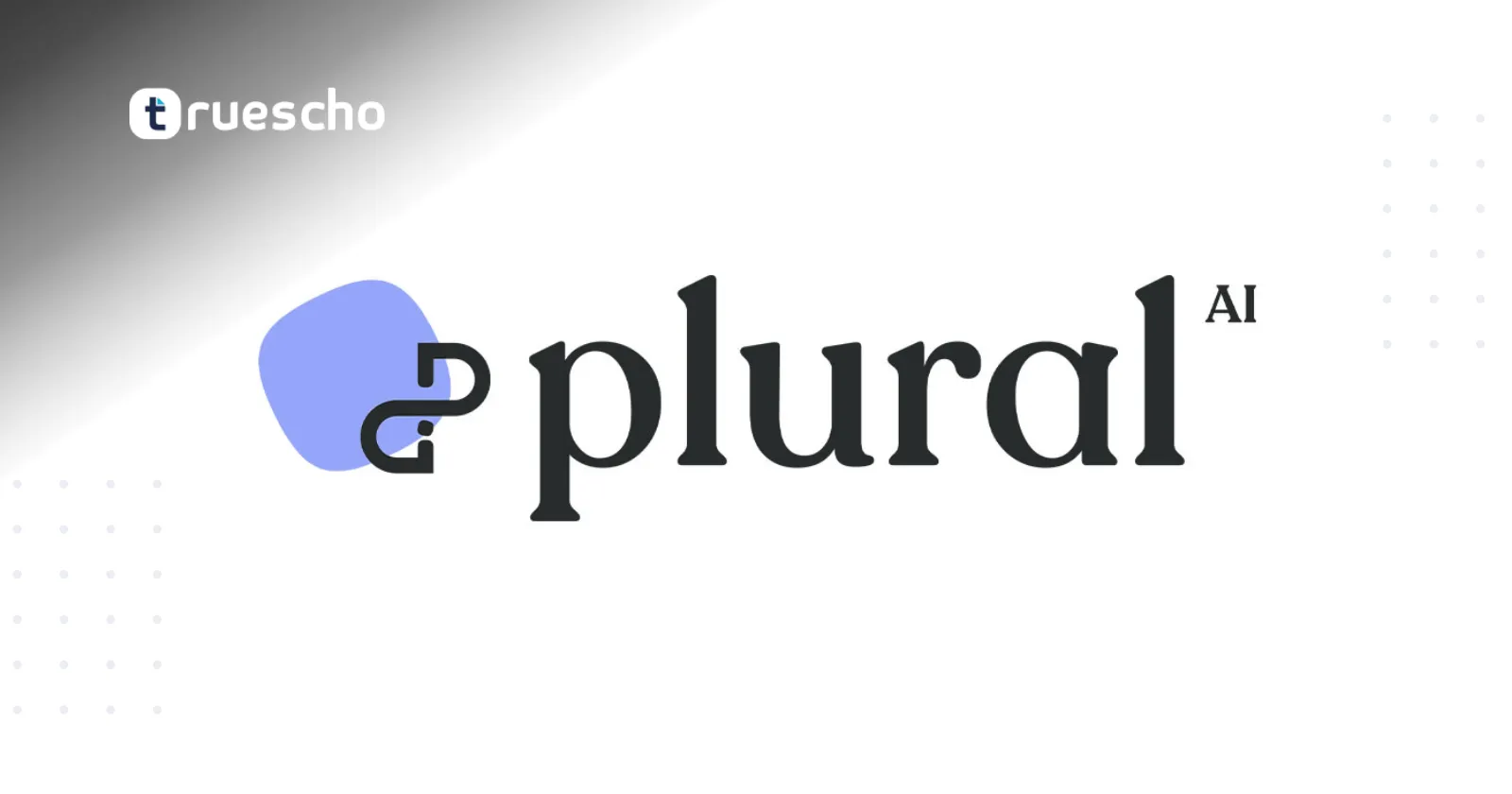Plural platform allows enterprises to manage their Kubernetes clusters in one place
Enterprises today face the challenge of managing multiple Kubernetes clusters while ensuring streamlined operations and robust security. Plural’s innovative platform steps in to consolidate these clusters onto a single dashboard, allowing teams to deploy updates, diagnose issues, and enhance cluster efficiency—all from one central spot.
Table of Contents
A Journey from Challenge to Innovation
While serving as vice president of product management at Unqork, Sam Weaver encountered a persistent issue. The company’s rapidly expanding network of Kubernetes clusters demanded a more efficient management solution. Unable to find a ready-made product to address the need, Unqork invested in building an internal solution. Despite a dedicated 15-person team and a multimillion-dollar budget over a two-year span, the outcome was merely satisfactory.
Read also: Tesla Superchargers: GM, Ford, Rivian, and other EV brands
The Spark of a Better Idea
Weaver later discussed his concerns about the limitations of their initial platform. While it met basic requirements, it wasn’t comprehensive or agile enough for evolving enterprise needs. The turning point came when he met Michael Guarino, an engineer with extensive experience at companies such as Amazon and Twitter. Listening to Weaver’s challenge, Guarino was convinced the solution could be simplified—and he proved it by developing an improved system within just a few weeks.
This breakthrough laid the foundation for what would soon become Plural. The platform not only revolutionized how Kubernetes clusters are displayed and managed but also introduced features that significantly reduced the operational burden on development teams.
How Plural’s Platform Works
Plural’s platform brings together all aspects of managing Kubernetes clusters into one unified dashboard. This centralization not only makes it easier to manage clusters but also enables developers to rapidly deploy updates and address scaling issues. Key features include:
- Centralized management: Oversee multiple Kubernetes clusters from a single dashboard.
- AI-enhanced operations: Receive suggestions for optimizing cluster performance and troubleshooting issues.
- Cloud and LLM agnosticism: Flexibility in deployment strategies without vendor lock-in.
By consolidating these capabilities, Plural substantially reduces the time developers spend searching for information or tracking down bugs. Many users report that the platform decreases operational overhead by as much as 90%, freeing up valuable time for productive work.
Read also: Firebase Studio Alternatives
Key Differentiators and Enterprise Benefits
Unlike many open-source tools in the Kubernetes ecosystem, Plural’s platform offers a unique architecture. By leveraging a GitOps model, every Kubernetes cluster is equipped with its own dedicated AI agent. This approach provides significant advantages:
- Customizable Deployment: Enterprises maintain complete control over deployment, ensuring data privacy and security as no data leaves their environment.
- Self-Hosted Infrastructure: Eliminates the need for SaaS-based solutions, giving businesses the flexibility to tailor infrastructure management according to their needs.
- Rapid Updates: What used to take weeks can now be executed in a matter of hours, boosting productivity and agility.
Weaver emphasizes that the platform’s design is built specifically to address the complexities of managing multiple Kubernetes clusters. With over 2,000 projects available in the Kubernetes ecosystem, enterprises found that many tools were piecemeal. Plural’s comprehensive solution bridges the gaps and provides a streamlined, all-in-one experience.
Market Adoption and Future Outlook
Since its founding in 2021, Plural has been steadily moving into the enterprise space, catering to sectors such as financial services and other regulated industries. Though Weaver remains discreet about customer specifics, the platform’s effectiveness has clearly resonated within the market.
The company recently secured a $6 million seed round led by Primary Venture Partners, with participation from Capital One Ventures and Company Ventures. Originally targeting a $3 million raise, strong demand led Plural to double its funding efforts. These resources are expected to deepen the platform’s product capabilities and potentially expand its offerings beyond Kubernetes management.
Read also: N8N AI Agent: Breakthrough MCP Update
Standing Out in a Competitive Landscape
Plural is not the only player addressing Kubernetes cluster sprawl. Competitors like Loft Labs and Rancher Labs have also attracted significant venture funding and industry attention. However, Plural’s focus on a GitOps approach, self-hosted infrastructure, and integrated AI assistance sets it apart in the crowded market.
By empowering enterprises to control how they deploy their management systems and tackle operational challenges, Plural helps reduce downtime and enhances overall productivity. In an era where managing “cattle” of Kubernetes clusters has become the norm, such innovations are not just welcome—they are essential.
Read also: OpenAI Optimus Alpha




